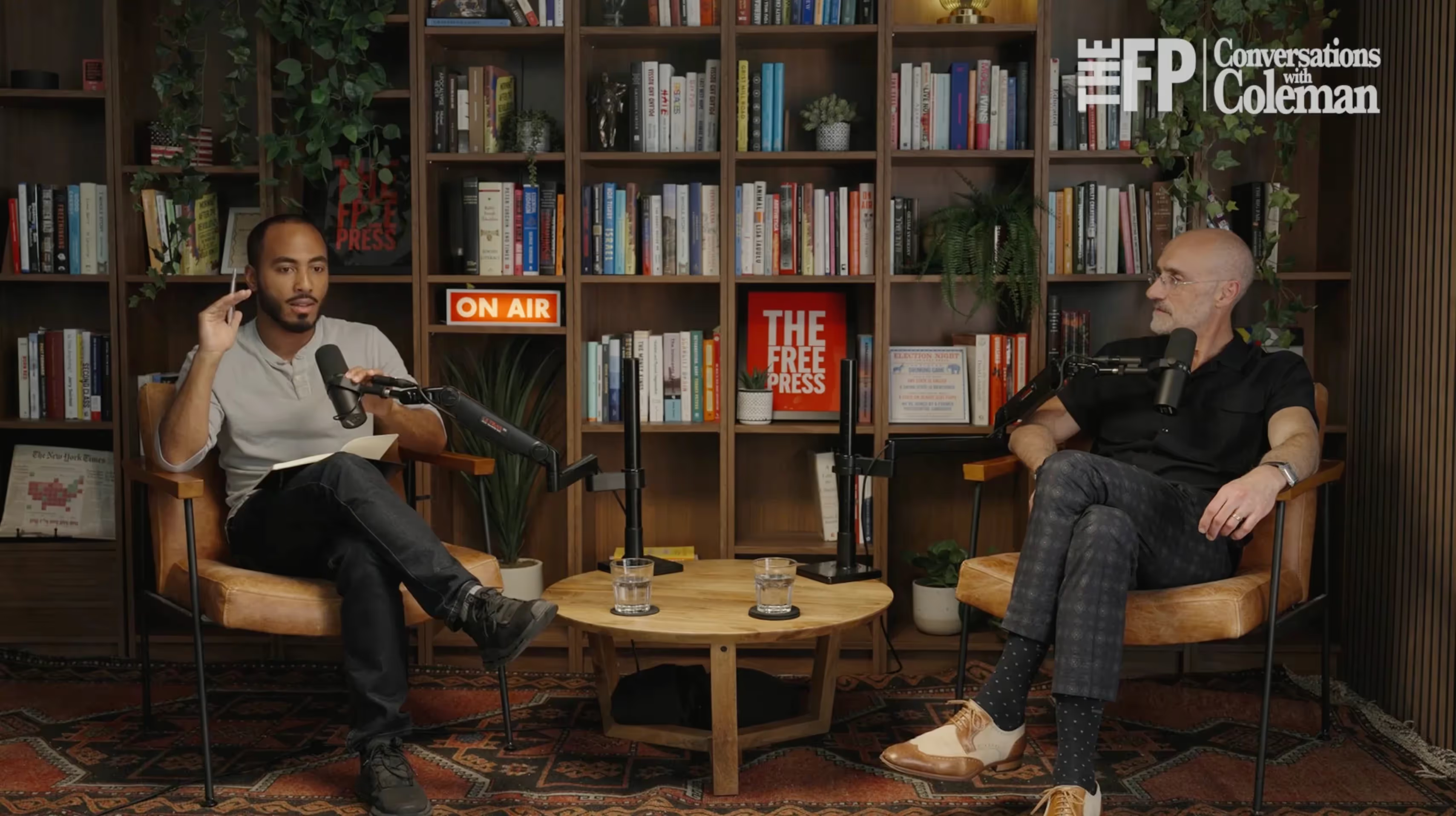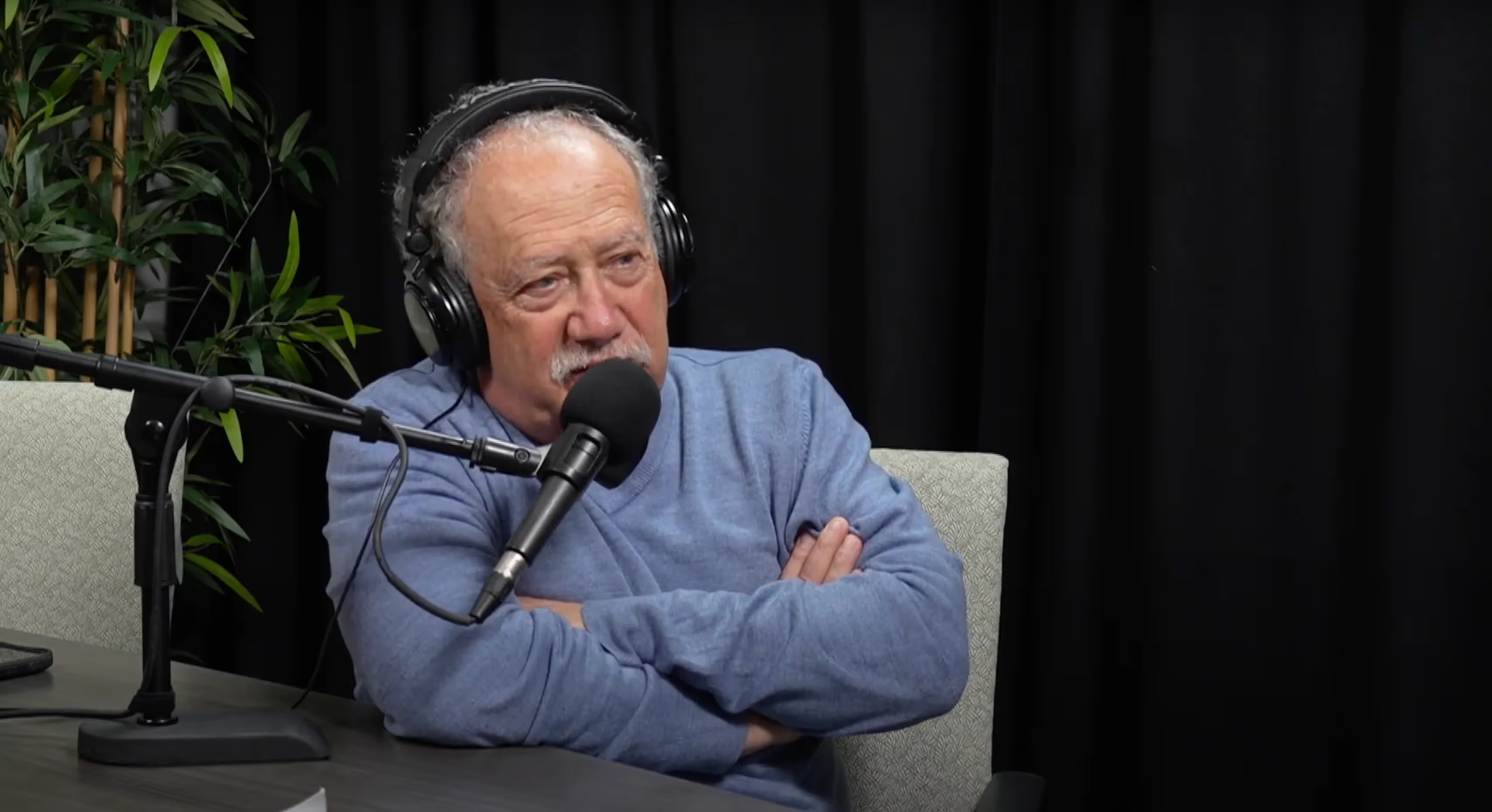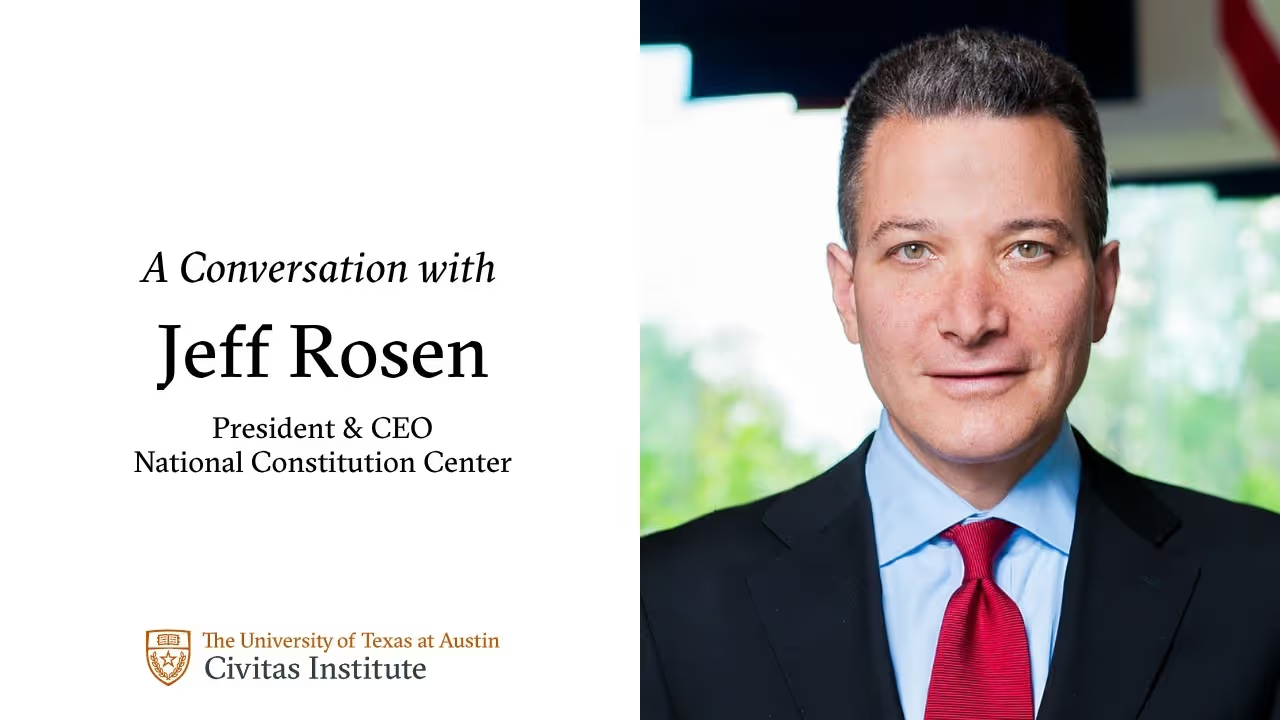
Brains Versus Brawn: Ordinal Rank Effects in Job Training
Is it better to be a big fish in a small pond or a small fish in a big pond?
Using data from Air Force basic military training, Civitas Senior Fellow Scott Carrell and Alexander Chesney examine the impacts of relative rank in cognitive and physical ability on enlistees short and longer-run outcomes. Results show strong evidence for the “big fish, small pond” phenomenon, meaning that individuals of equal ability tend to thrive when they are higher on the proverbial pecking order of ability within their assigned group. Findings also suggest that overall group productivity could be improved by altering the way military personnel are assigned to training groups.
Read the Full Paper
This paper was originally published by the Journal of Public Economics.
Pursuit of Happiness

The Rise of Latino America
In The Rise of Latino America, Hernandez & Kotkin argue that Latinos, who are projected to become America’s largest ethnic group, are a dynamic force shaping the nation’s demographic, economic, and cultural future. Far from being a marginalized group defined by oppression, Latinos are integral to America’s story. They drive economic growth, cultural evolution, and workforce vitality. Challenges, however, including poverty, educational disparities, and restrictive policies, threaten their upward mobility. Policymakers who wish to harness Latino potential to ensure national prosperity and resilience should adopt policies that prioritize affordability, safety, and economic opportunity over ideological constraints.

Exodus: Affordability Crisis Sends Americans Packing From Big Cities
The first in a two-part series about the Great Dispersion of Americans across the country.

The AI Future: Between Certain Doom and Endless Prosperity
AI continues to become more complex and sophisticated, but public policy solutions do not.

The Castle, the Cathedral, and the College
Our civilization struggles to explain why anything should command allegiance beyond preference or power; its remnants echo a grandeur now distant.


















